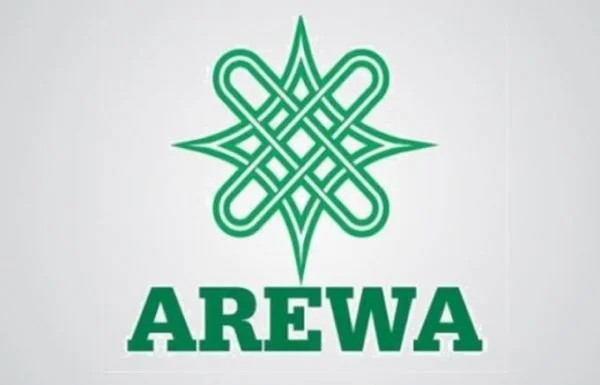The Arewa Consultative Forum has formally submitted a comprehensive report to the National Assembly detailing its observations and recommendations on the Executive Tax Reforms Bills, which aim to overhaul Nigeria’s tax laws.
The report was prepared by a special-purpose committee of experts appointed by the ACF Board of Trustees, following an in-depth review of the proposed bills.
According to a statement by Prof. Tukur A. Muhammad-Baba, National Publicity Secretary of the ACF, the forum believes the proposed tax reforms have nationwide implications, not just for Northern Nigeria.
To ensure broad-based consultation, copies of the ACF report have been distributed to:

Northern State Governors’ Forum
Traditional rulers and interest groups
Relevant government agencies
The general public and media (via e-copies)
Retain VAT at 7.5% – The ACF strongly opposes any increase in Value Added Tax (VAT), citing economic hardship faced by citizens and businesses. Instead, it recommends:
Also Read:
- Bodija explosion: Court refuses Oyo justice ministry’s application to take over prosecution
- Aiyedatiwa appoints Pa Fasoranti’s son as SSG, reappoints advisers
- ACF opposes VAT hike, submits recommendations to National Assembly
- Tinubu receives NIPSS report on digital economy, reaffirms commitment to youth empowerment, job creation
- NIDCOM boss hails Zuriel Oduwole’s nomination for 2025 Nobel Peace Prize
Improved efficiency in VAT collection
Formalization of informal sectors to boost revenue
Expansion of Nigeria’s tax base by encouraging private sector investments
Exempt agricultural equipment from VAT
Amend Tax Administration Bill – The ACF recommends changing the terms “supply and supplies” in Chapter 6 (VAT), Part 1, Sections 143, 144, 145, and 147 to “consumption or consumptions” for better clarity.
Clarify “Derivation” – The term should be clearly defined, with distribution based on state and local government consensus, and guided by the Revenue Mobilisation and Fiscal Commission (RMFC).
Street naming and house numbering in all towns and cities to enhance traceability of taxpayers.
Set Annual Limits on Tax Exemptions & Waivers – To prevent revenue loss, there should be clear upper limits on tax incentives.
The proposed absolute powers for the CEO and Chairman should be drastically reduced to ensure accountability.
Instead of 8 Coordinating Directors, the ACF proposes 6 Executive Directors, nominated by the President and confirmed by the Senate, ensuring federal character.
Section 69 of the Nigeria Tax Bill should be modified to create a Development Levy, to be shared among TETFUND, NITDA, NASENI, and the Education Loan Fund.
Replace “ecclesiastical” with “religious” throughout the Bills.
Remove Section 4(3) of the Tax Bill, allowing matters of taxation for religious institutions to be handled under Sharia and customary laws.
Allow Tax Records in Local Languages – Businesses should have the option to prepare tax returns and account records in local languages, not just English.
The ACF urged stakeholders, citizens, and interest groups to actively participate in the National Assembly public hearings on the tax reforms.
“For posterity and national duty, we encourage all stakeholders to engage in discussions that will shape tax laws to serve Nigeria’s interests. Let us ensure that the tax laws we create today stand the test of time.”


